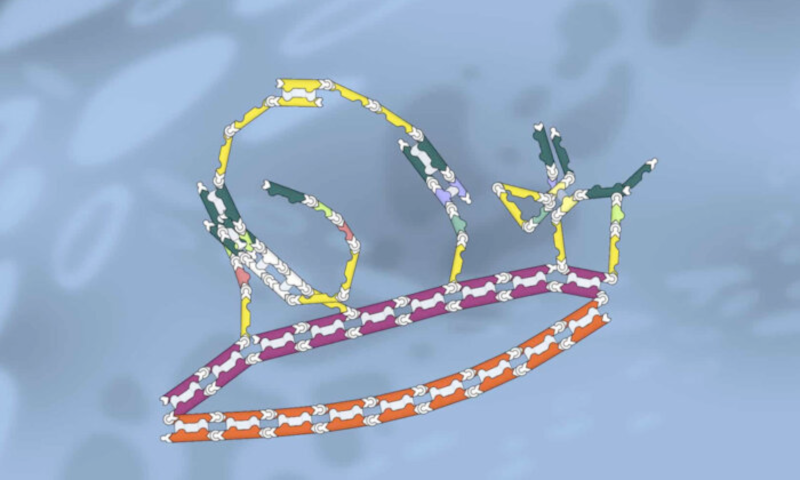
Citizen science is taking a creative turn as researchers harness the power of gaming to tackle complex problems in cancer research. In his recent book, Gaming Cancer, author Jeff Yoshimi highlights three innovative platforms: Eterna, Foldit, and Nanocrafter. Each of these initiatives transforms scientific challenges into engaging games where players contribute directly to the development of biological molecules.
Foldit allows participants to construct proteins in a manner reminiscent of bonsai gardening, encouraging strategic thinking and creativity. Eterna, on the other hand, resembles a Sudoku puzzle but focuses on designing RNA molecules. Although Nanocrafter is no longer operational, it once utilized DNA strands as puzzle pieces to foster collaborative problem-solving among players.
The potential applications of these platforms are significant. One notable example is Eterna’s open vaccine challenge, which successfully directed players to design RNA molecules for vaccines that do not require ultra-cold storage. The outcomes from this initiative have contributed to advancements in real-life vaccine development.
Yoshimi’s work is part of a broader trend in citizen science, which aims to make scientific contributions accessible and enjoyable. Platforms like Zooniverse have made strides in this area by allowing individuals to participate in various research projects, from space exploration to ecological studies on Earth. While Zooniverse is engaging, it does not fully embody the gaming experience that Yoshimi promotes.
The intersection of gaming and science raises intriguing possibilities for the future. Cultural references in science fiction, such as in The Last Starfighter and Stargate: Universe, suggest that games could serve as gateways into secretive organizations or elite opportunities. It is conceivable that a future scientific game could open doors to scholarships or job offers for dedicated players.
As citizen science continues to evolve, initiatives like those presented by Yoshimi highlight the potential for gaming to drive scientific inquiry and discovery. By leveraging the collective brainpower of enthusiastic participants, researchers can tackle challenging questions in innovative ways, ultimately benefiting society and advancing our understanding of complex biological systems.






